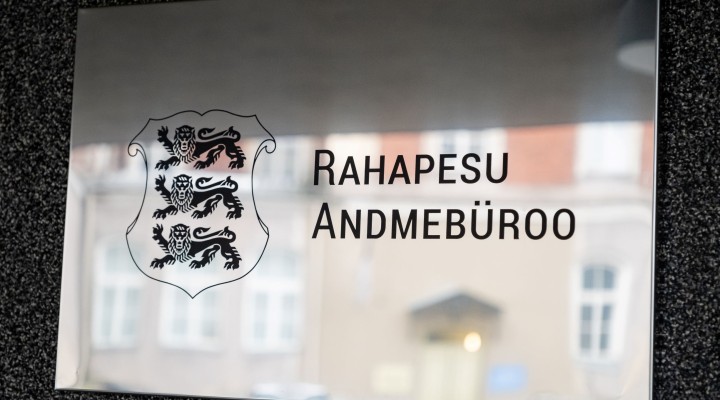Estonia enforces new laws, forcing hundreds of crypto firms out


Estonia’s strengthened Anti-Money Laundering and Terrorist Financing laws that went into effect in March have led to the voluntary closure or revocation of authorizations of around 400 virtual asset service providers (VASPs).
After implementing stricter laws in March, Estonia has broadened the defined range of VASPs, made it obligatory for companies to have verifiable ties with Estonia, raised licensing charges and capital requirements, imposed reporting obligations, and introduced the Travel Rule of the Financial Action Task Force, which led to almost 400 virtual asset service providers to voluntarily cease operations or have their permits revoked.
Nearly 200 crypto service providers based in Estonia have voluntarily closed down after the country’s Financial Intelligence Unit (FIU) announced an amendment to the AML laws on March 15. Additionally, 189 other firms had their authorizations revoked as they were found to be non-compliant with the new regulations. This was revealed in a statement made by the Estonian FIU on May 8.

Matis Mäeker, the director of the Financial Intelligence Unit, stated that the response of the lawmakers and the supervisory activities carried out before and after the amendments to the Act have been appropriate, considering the risks involved and the operating methods of the service providers whose authorizations have been revoked. This was mentioned in relation to the documents submitted by the affected service providers.
As per the FIU, after the extensive clean-up, Estonia had only 100 registered crypto firms that were active by May 1.
In its report, the FIU emphasized several common concerns found in the companies it closed, specifically regarding the provision of inaccurate information by the companies.
The FIU found several instances of misleading company information among the companies that were shut down. For instance, certain companies had listed board members and company contacts without their knowledge, while others had individuals with fabricated professional backgrounds on their resumes.
Additionally, it seems that numerous firms had used the same business plans as one another, without any clear link or coherence to Estonia, according to the FIU.
In recent years, Estonia has made significant efforts to implement robust AML laws. This is largely because of the revelation in 2018 that Danske Bank’s Estonian branch was used to launder approximately $235 billion in illicit capital.
Estonia’s partnership with the U.S. to enforce strong AML regulations as a means of protecting international financial systems has been influenced by the country’s desire to stop revenues that support Russia’s war machine amid the ongoing conflict between Russia and Ukraine.
It is possible that Estonia’s recent strengthening of AML laws is linked to its membership in the European Union and the upcoming implementation of the Markets in Crypto-Assets (MiCA) laws, which are scheduled to take effect in early 2025.
Crypto companies will have to adhere to strict anti-money laundering and anti-terrorism measures under MiCA.